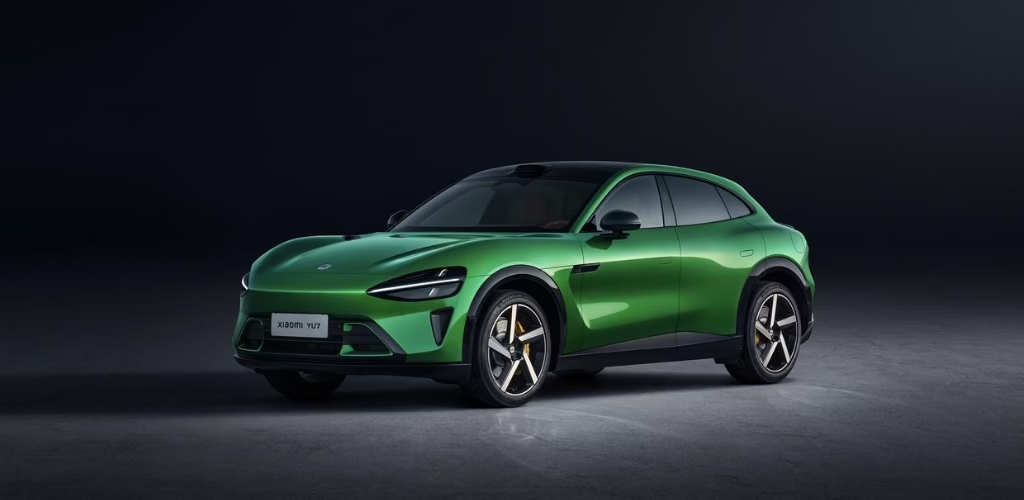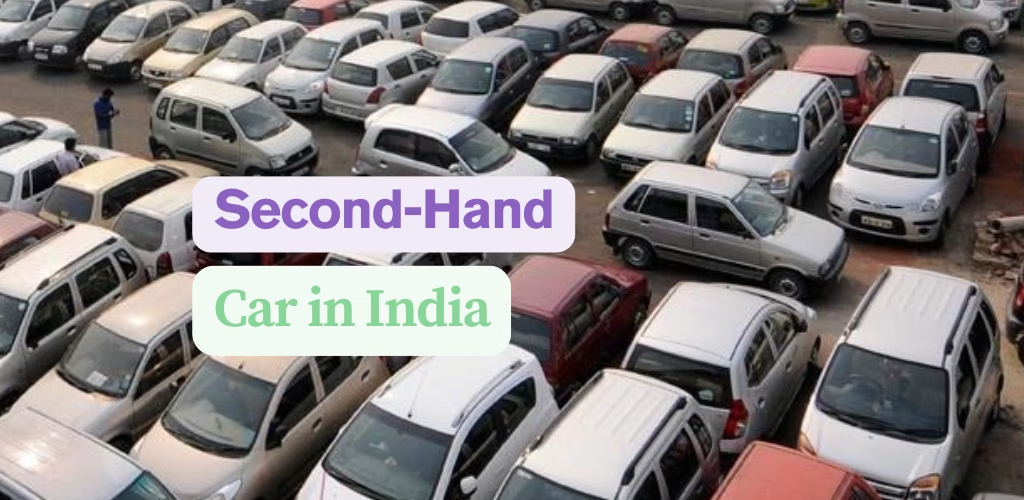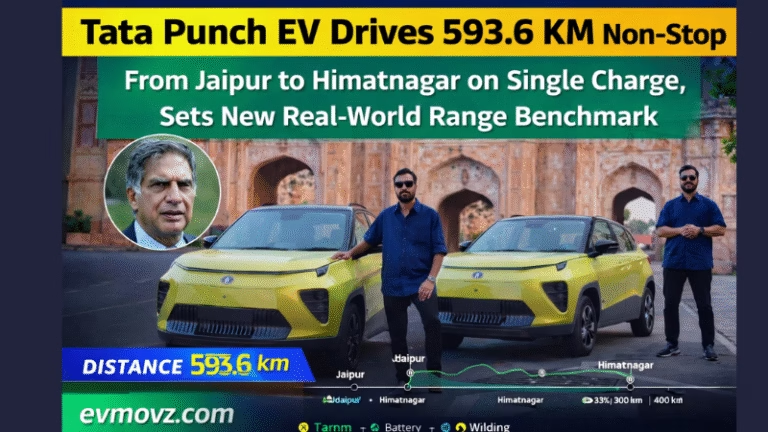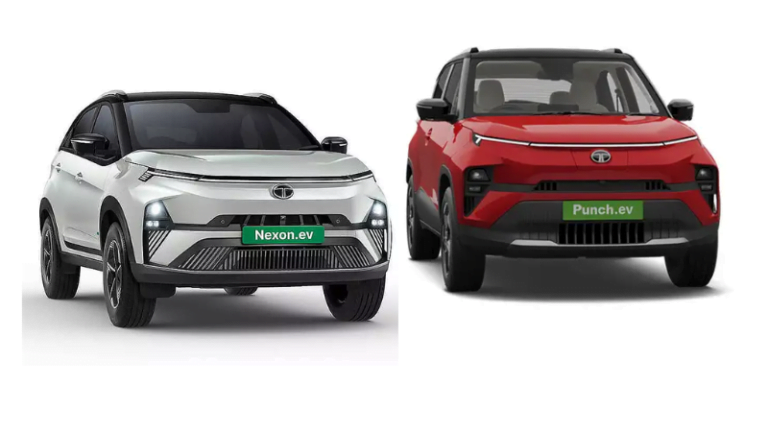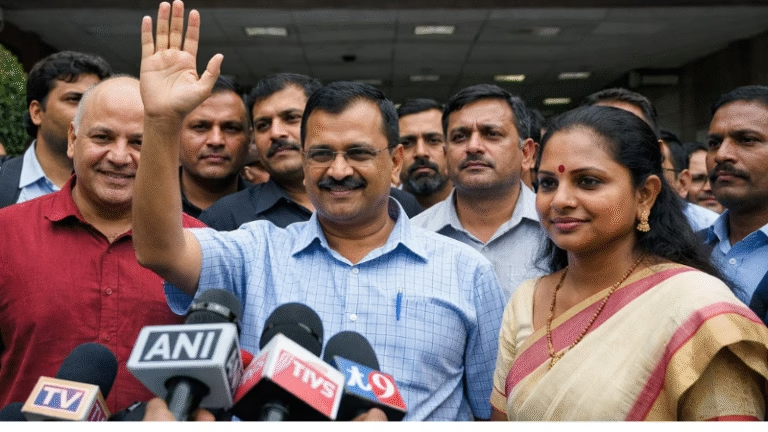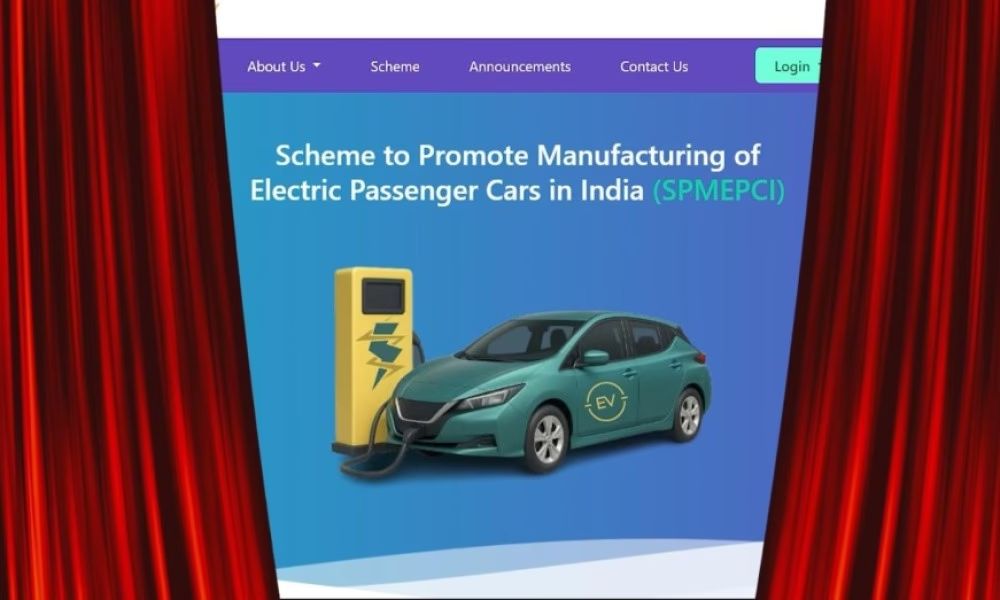
The Indian government has taken a significant step towards boosting domestic electric vehicle (EV) production with the launch of a dedicated application portal. This move is part of the Scheme to Promote Manufacturing of Electric Passenger Cars in India (SPMEPCI), aimed at accelerating India’s transition to cleaner and self-reliant mobility solutions.
Union Minister H.D. Kumaraswamy emphasized the transformative potential of this initiative. Guided by Prime Minister Narendra Modi’s vision, the scheme is designed to position India as a global leader in EV manufacturing while supporting the country’s Net Zero by 2070 target.
Applications are now open for global EV manufacturers and investors. The portal, accessible at spmepci.heavyindustries.gov.in, will remain active until October 21. This window provides a clear opportunity for companies looking to be part of India’s rapidly growing EV ecosystem.
The scheme offers attractive incentives to encourage participation. Approved applicants can import Completely Built-in Units (CBUs) of electric four-wheelers with a minimum value of $35,000 at a reduced customs duty of 15% for five years. However, there’s a significant commitment required in return.
Participants must invest at least Rs 4,150 crore to align with the scheme’s objectives. The government has carefully structured the program to balance foreign investment with domestic growth. Through strategic customs duty concessions and defined domestic value addition milestones, the initiative aims to bring advanced EV technologies while building local manufacturing capabilities.
This isn’t just about cars. The scheme represents a broader push to establish India as an automotive innovation hub. It’s expected to create numerous employment opportunities and significantly contribute to the Make in India initiative. The government sees this as a chance to transform the country’s automotive landscape while addressing environmental concerns.
The timing couldn’t be better. With global automakers increasingly shifting focus to electric vehicles, India’s growing market and now favorable policies make it an attractive manufacturing destination. This scheme could be the catalyst that brings major players to Indian shores.
Industry experts view this as a pivotal moment for India’s automotive sector. The combination of policy support, market potential, and manufacturing capabilities could indeed put India on the global EV map. As the October deadline approaches, all eyes will be on which companies seize this opportunity to shape India’s electric future.


